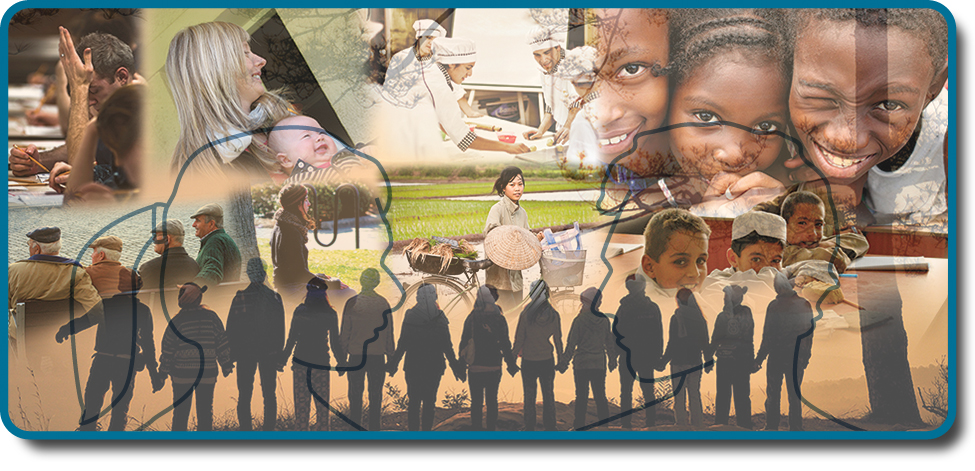
|

1.1 What is psychology? Read Online
1.2 History of psychology Read Online

Clive Wearing is an accomplished musician who lost his ability to form new memories when he became sick at the age of 46. While he can remember how to play the piano perfectly, he cannot remember what he ate for breakfast just an hour ago (Sacks, 2007). James Wannerton experiences a taste sensation that is associated with the sound of words. His former girlfriend’s name tastes like rhubarb (Mundasad, 2013). John Nash is a brilliant mathematician and Nobel Prize winner. However, while he was a professor at MIT, he would tell people that the New York Times contained coded messages from extraterrestrial beings that were intended for him. He also began to hear voices and became suspicious of the people around him. Soon thereafter, Nash was diagnosed with schizophrenia and admitted to a state-run mental institution (O’Connor&Robertson, 2002). Nash was the subject of the 2001 movie A Beautiful Mind . Why did these people have these experiences? How does the human brain work? And what is the connection between the brain’s internal processes and people’s external behaviors? This textbook will introduce you to various ways that the field of psychology has explored these questions.
American Board of Forensic Psychology. (2014). Brochure . Retrieved from http://www.abfp.com/brochure.asp
American Psychological Association. (2014). Retrieved from www.apa.org
American Psychological Association. (2014). Graduate training and career possibilities in exercise and sport psychology. Retrieved from http://www.apadivisions.org/division-47/about/resources/training.aspx?item=1
American Psychological Association. (2011). Psychology as a career. Retrieved from http://www.apa.org/education/undergrad/psych-career.aspx
Ashliman, D. L. (2001). Cupid and Psyche. In Folktexts: A library of folktales, folklore, fairy tales, and mythology. Retrieved from http://www.pitt.edu/~dash/cupid.html
Betancourt, H.,&López, S. R. (1993). The study of culture, ethnicity, and race in American psychology. American Psychologist , 48 , 629–637.
Black, S. R., Spence, S. A.,&Omari, S. R. (2004). Contributions of African Americans to the field of psychology. Journal of Black Studies , 35 , 40–64.
Bulfinch, T. (1855). The age of fable: Or, stories of gods and heroes . Boston, MA: Chase, Nichols and Hill.
Buss, D. M. (1989). Sex differences in human mate preferences: Evolutionary hypotheses tested in 37 cultures. Behavioral and Brain Sciences , 12 , 1–49.
Many of you are likely familiar with the idea of therapy, whether because you or someone you know has been in therapy, or because you have seen it in popular TV shows or movies. Because many approaches to therapy draw from research on clinical populations?that is, populations suffering from some sort of mental disorder?therapy is closely related to the field of psychopathology. Although this class will not teach you how to conduct therapy?see PSYCH404, or Psychotherapy for an in-depth look at the subject?it will provide you with a solid understanding of the etiology and symptoms of a number of disorders.
Much of the information in this course is based on the Diagnostic and Statistical Manual IV-TR (DSM), the industry standard for both clinical psychologists and psychiatrists who reference it frequently in order to diagnose mental disorders. A new version of this manual is due to be published soon, and it will likely challenge some commonly held ideas about certain disorders. This brings up an important point about clinical psychology: few issues in the field have hard-and-fast answers. Much is left up to debate and subjective opinion. As such, rather than providing you with step-by-step directions, this course has been designed to provide you with in-depth, current information about mental disease and related aspects.
We will begin this course by reviewing the historical context from which clinical psychology emerged, and defining the major roles clinical psychologists fill and the tasks in which they engage. We will then discuss current paradigms and classification methods before learning about individual disorders, their treatments, and common explanations concerning their origins. We will conclude with an introduction to methods of intervention.